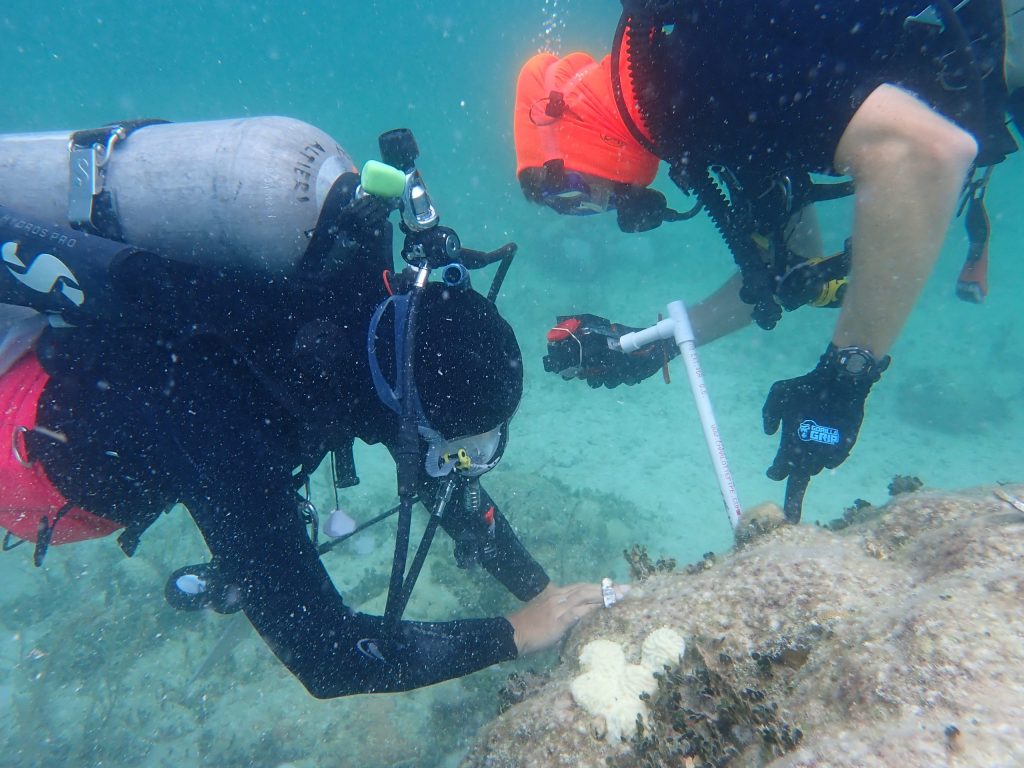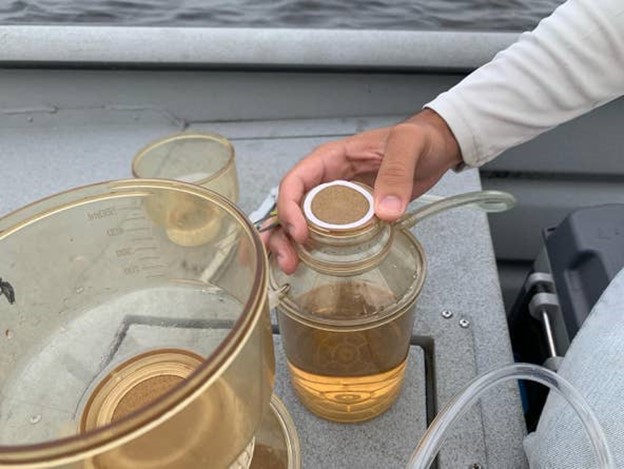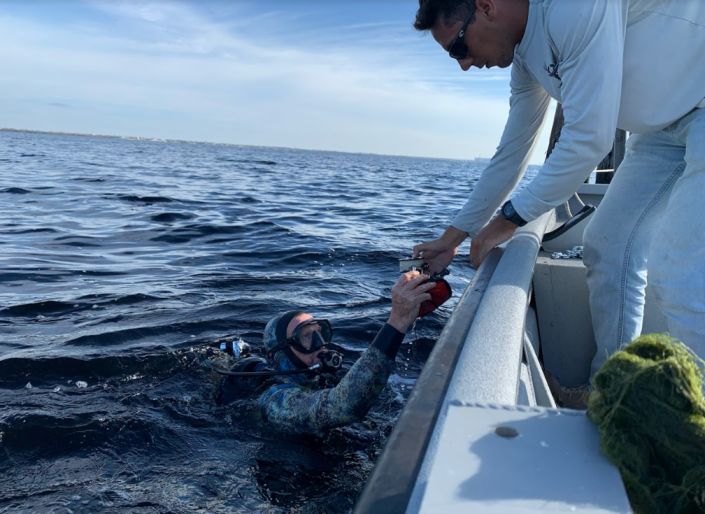Tag: Water quality
Health impacts of algal blooms now quantifiable
December 5, 2025By Megan Sam New research delivers the clearest evidence so far that exposure to Florida’s red tide drives measurable increases in acute respiratory and gastrointestinal illness. By pairing bloom data with healthcare records, scientists documented a direct rise in short-term symptoms — offering a rare, detailed look at red tide’s immediate health impacts. This study was carried out by […]
Read more »Storm surge and superbugs: How hurricanes may help spread antibiotic-resistant bacteria
April 2, 2025Could hurricanes be fueling the spread of microplastics and harmful bacteria in our oceans? With support from a National Science Foundation (NSF) RAPID grant, Chamteut Oh, Ph.D., an assistant professor in the University of Florida’s Department of Environmental Engineering Sciences (ESSIE), is launching a new research project to investigate how back-to-back storms might accelerate the […]
Read more »Statewide collaboration assesses hurricane-related water quality and health risks
November 26, 2024Hurricanes can bring more than just strong winds and heavy rain — they can also trigger a range of water quality problems. From untreated wastewater spilling out of treatment plants to microplastics being released from damaged infrastructure, the impacts on our waterways can be severe. Storm surge runoff can also carry harmful nutrients, fueling dangerous […]
Read more »
AI and water quality at UF AI Days
November 7, 2023During UF AI Days from October 16-20, CCS researchers shared success stories in using artificial intelligence to enhance the speed and accuracy of water quality monitoring and coastal modeling. Associate Research Scientist Ron Fick, Ph.D. who co-led a panel on AI-driven advances in diverse fields, described the development of a new algorithm that fuses satellite […]
Read more »
Coral reef restoration is a “moving target,” says CCS scientist
November 7, 2023Nearly 90 percent of live coral has been lost in the Keys in the last 40 years, a stark reality that requires making informed decisions about how to invest restoration effort, according to Andrew Altieri, Ph.D., assistant professor in the Environmental Engineering Sciences Department, whose team investigates the impact of water quality and predation on coral […]
Read more »Piney Point pollution spread farther than previously thought, study shows
June 26, 2023A yearlong study tracking the movement of wastewater discharged in an emergency from the retired Piney Point phosphate processing plant in 2021 shows that the pollution spread much farther than expected. “This research highlights the importance of protecting coastal water quality and ensuring that infrastructure failures do not negatively impact Tampa Bay water quality,” said […]
Read more »
SCCF, UF Assess Water Quality Impacts of Hurricane Ian
October 14, 2022Two days after Hurricane Ian slammed into the Southwest Florida coast as a near Category 5 storm, SCCF Marine Lab Director Eric Milbrandt, Ph.D., began to mobilize a coordinated effort to assess water quality impacts.
“I reached out to our colleagues at University of Florida’s Center for Coastal Solutions (UF-CSS) who we’ve been working with on a current harmful algae bloom research project funded by EPA and the U.S. Army Corps of Engineers,” said Milbrandt. “After seeing the devastation of the causeway and the islands, I knew that our routine monthly sampling from Lake Okeechobee to the Gulf of Mexico would not be possible with SCCF equipment.”
Read more »
What did Ian do to Sanibel’s water, wildlife? Conservation foundation aims to find out
October 14, 2022Even if you manage to tune out the constant media coverage of Hurricane Ian’s toll on human lives and property on Sanibel, the sensory reminders are everywhere: chainsaw whine, shattered homes, boarded stores, muck stink on the breeze.
But what about nature?
University of Florida Partners with SAS to Tackle Water Quality Challenges with Analytics
September 9, 2022The University of Florida’s Center for Coastal Solutions, or CCS, and the SAS Institute, a global leader in data analytics software, are joining forces to study the factors that influence water quality and the connections between water quality and economic activity in southwest Florida.
Read more »CCS research finds that nitrogen inputs from human activity intensified red tide events
April 8, 2022In a new study that is the first to explain what some have long suspected, researchers found that human activity helps sustain and intensify naturally occurring red tide blooms in Southwest Florida.
Read more »